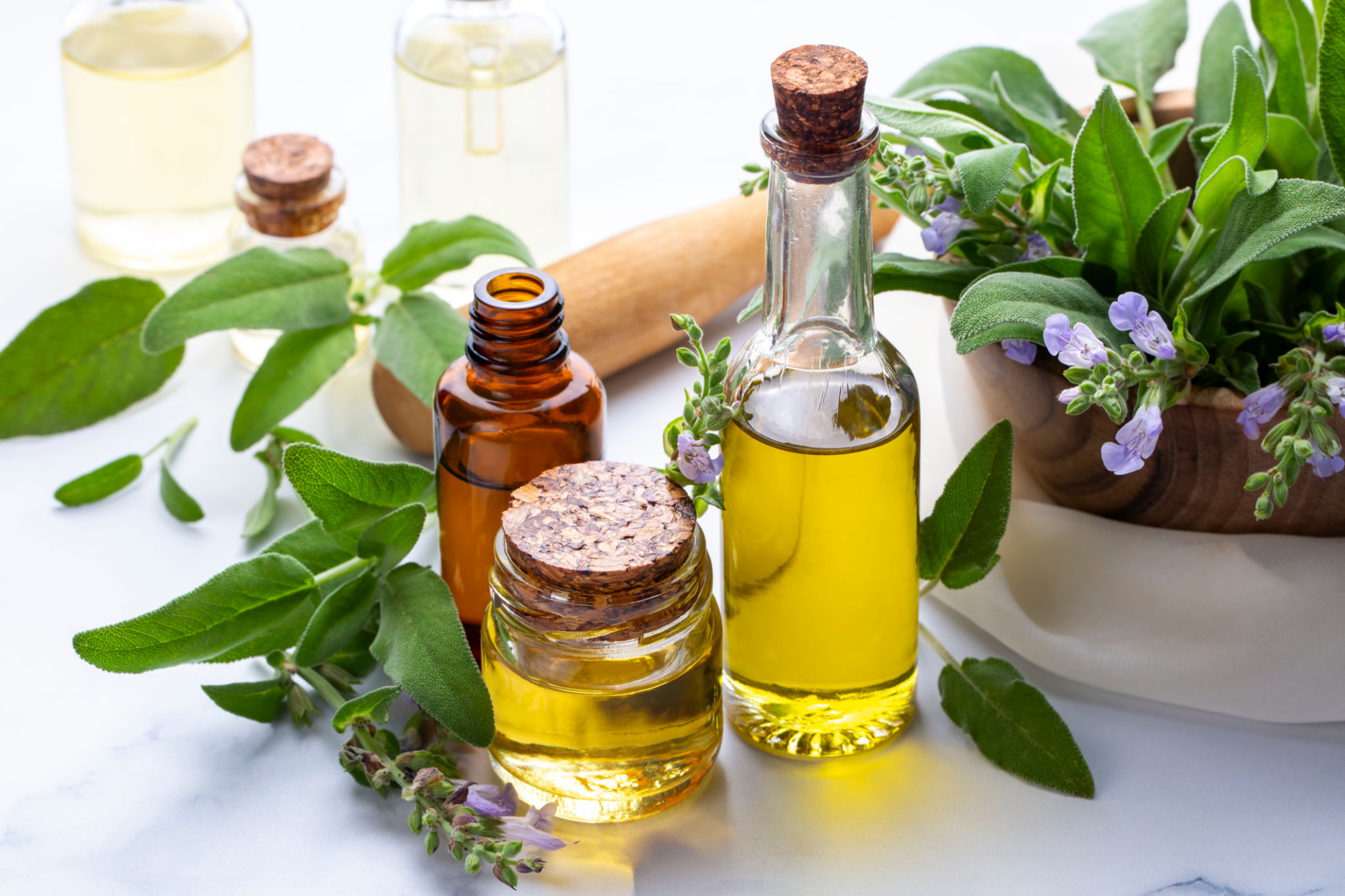Myth Busting: Common Misconceptions About Essential Oils and Aromatherapy
Understanding the Basics of Essential Oils
Essential oils have been used for centuries, yet there remains a cloud of mystery surrounding their use and benefits. Derived from plants, these concentrated oils capture the plant's scent and flavor, or "essence." While they are often associated with aromatherapy, their applications are diverse.
One common myth is that essential oils are only for aromatherapy. In truth, they are used in various industries, from cosmetics to cleaning products. Their natural properties make them versatile, offering benefits that extend beyond just their pleasant aromas.

Myth: Essential Oils Are a Cure-All
A frequent misconception is that essential oils can cure any ailment. While they offer therapeutic benefits, they are not a substitute for professional medical treatment. It’s important to approach them as a complementary therapy rather than a primary cure.
For instance, while lavender oil can promote relaxation, it shouldn’t replace medication prescribed for anxiety disorders. Always consult with a healthcare professional before using essential oils for medical purposes.
Myth: All Essential Oils Are Safe
Another myth is that all essential oils are safe for everyone. In reality, essential oils are potent substances that must be used with caution. Some oils can cause allergic reactions or interact negatively with medications.
For example, tea tree oil should never be ingested as it can be toxic. It's crucial to research each oil thoroughly and perform patch tests to ensure safety. Proper dilution is also key to preventing skin irritation.

Myth: More Is Better
Some people believe that using more essential oil will increase its effectiveness. In fact, using too much can be counterproductive and even harmful. Essential oils are highly concentrated, and a little goes a long way.
When diffusing oils, it's important to follow recommended guidelines to avoid overwhelming the senses or causing adverse effects. Balance and moderation are essential for optimal results.
Myth: Essential Oils Are All the Same
Not all essential oils are created equal. The quality of an essential oil can vary greatly depending on factors such as plant origin, extraction method, and handling practices. These differences can impact the oil's efficacy and safety.

When selecting essential oils, look for reputable brands that provide transparency about their sourcing and production processes. High-quality oils will often come with certifications or testing reports to verify their purity.
Conclusion: Embrace the Knowledge
By dispelling these common myths, you can make informed decisions about using essential oils. While they offer numerous benefits, it's crucial to approach them with an understanding of their limitations and potential risks.
As you explore the world of essential oils, remember that knowledge is power. Educate yourself on each oil's properties and applications to fully enjoy their potential benefits safely and effectively.

